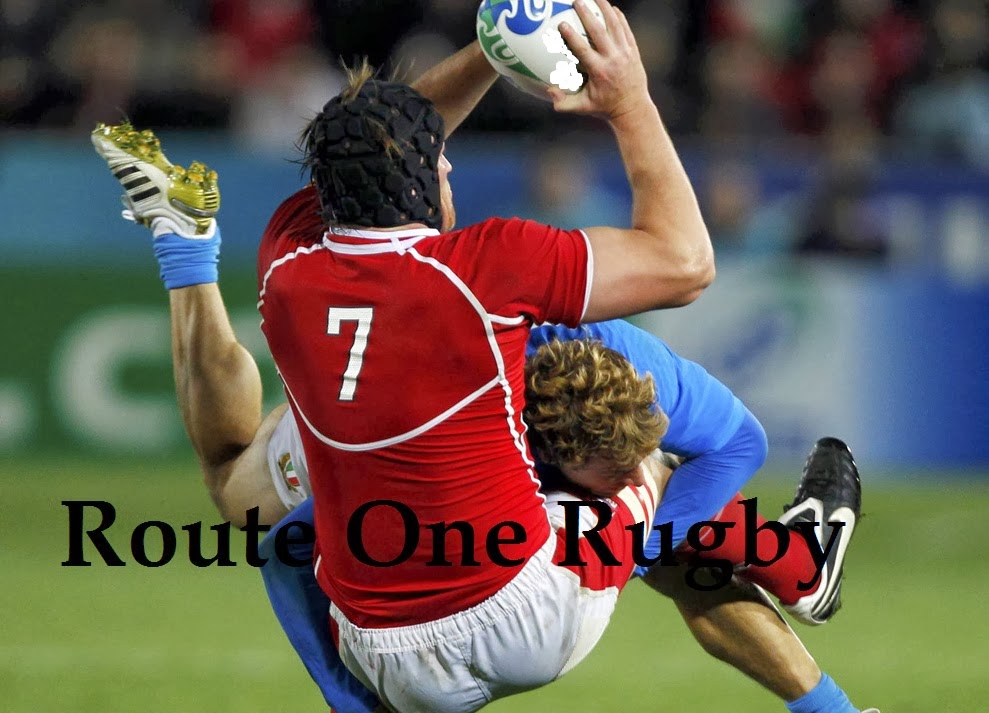 |
| Source: Patrick Bolger/Getty Images Europe |
The Munster v Toulouse game (highlights) on Saturday was a fascinating affair because of the contrasting performances of the two teams, Munster carving deep holes in the Toulouse defence while the French side bumbled their way around the field offensively, shorn of a real attacking plan it seemed. The scores of the Irishmen were built up methodically, as they out-muscled a pack that was considerably larger than theirs and used a maul that walked at will. It was truly a match that showed Munster are a sum greater than their parts.
I want to highlight today, in two parts to make them more digestible, the one try put up by Toulouse (around the 2:50 mark of the highlight package) because it was the complete personification of their performance and a classic symbol for what French rugby means to so many: a try from nothing. Watch that try, and we'll discuss what happened in the lead up and the break that led to the score.

